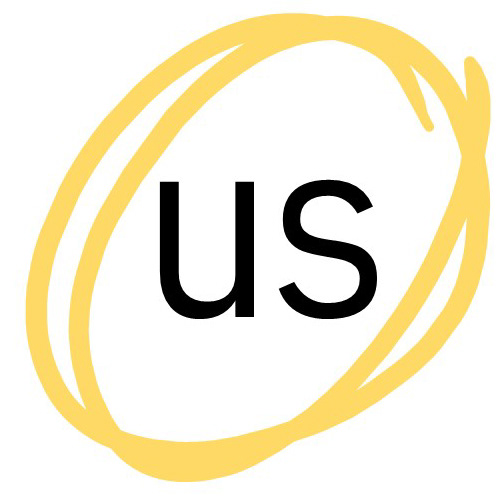Our movement is for anyone who suffers discrimination on the basis of their gender and this includes womxn, and non-binary people. We also recognise how gender inequality intersects with other forms of inequality.
We know some of these terms will be new to people and are committed to educating ourselves and our community about inclusivity & intersectionality.
gender identity
A person’s gender identity is their sense of self as a man, woman, non-binary person or other sense of gender. A person’s gender identity is typically expected to follow directly from the sex they were assigned at birth (based on physical attributes), but this is not always the case.
cis
Someone who is ‘cis’ (short for ‘cis-gender) is anyone who feels comfortable with the gender they were assigned at birth and it matches their gender identity.
trans
Trans (short for ‘transgender’) includes anyone who feels that the sex or gender they were assigned at birth does not match their self-identified gender. It includes trans men, trans women and non-binary people. Best estimates suggest that around 1% of the population falls under the trans umbrella. Trans people may or may not choose to undergo or be able to access medical intervention such as taking hormones or /or having gender-affirming surgeries.
womxn
womxn' is a current spelling of 'women' that aims to be more inclusive. The term sheds light on the prejudice, discrimination, and institutional barriers womxn have faced, and explicitly foregrounds non-cisgender women.
intersectional
we recognise that when sexism and gender are discussed without looking at other types of identities and oppressions, the dialogue often revolves around the experiences of the more privileged women in society. This can mean that the issues and experiences of the more socially marginalised women are overshadowed, dismissed or erased. An intersectional approach is about recognising how people’s social identities can overlap, creating compounding experiences of discrimination.
non-binary
an umbrella term for people who do not subscribe to the customary binary approach to gender. Non-binary identities are varied and can include people who identify with some aspects of binary identities, while others reject them entirely.
